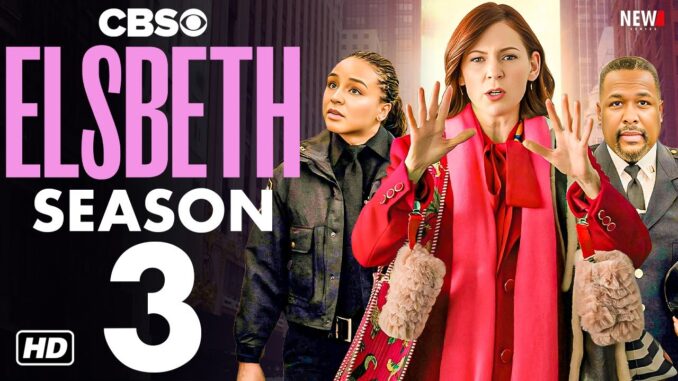
From Monologues to Mayhem: Stephen Colbert’s Elsbeth Gambit
Stephen Colbert, a name synonymous with razor-sharp political satire and meticulously crafted monologues, has built a career on dissecting the absurdities of the world through a comedic lens. But in the landscape of television, even the most dedicated performers crave a change of pace. This desire, fueled perhaps by a yearning for character work and a break from the constant news cycle, led Colbert to the unexpected, yet delightful, return to scripted TV in Season 3 of “Elsbeth,” a charming and quirky spin-off of “The Good Wife” and “The Good Fight.” This casting choice, a seemingly disparate pairing, highlights Colbert’s versatility and hints at a shift in the landscape of celebrity cameos, where unexpected choices can be both refreshing and genuinely compelling.
Colbert’s strength lies in his ability to embody a persona. Whether it’s the satirical pundit of “The Colbert Report” or the empathetic and engaging host of “The Late Show,” he’s a master of performance. This ability translates seamlessly to scripted television. Imagine him, no longer bound by the constraints of current events, given the freedom to inhabit a character grappling with a different set of challenges. The prospect is enticing, not just for fans eager to see a different side of Colbert, but for the writers of “Elsbeth” who can leverage his inherent comedic timing and dramatic chops.
The inherent contrast between Colbert’s public persona and the world of “Elsbeth” is what makes this casting choice so intriguing. “Elsbeth” is a world of whimsical brilliance, a lighthearted procedural that thrives on the protagonist’s eccentric observations and unconventional methods. It’s a far cry from the often-bleak reality Colbert dissects nightly. By placing a figure so associated with political commentary within this environment, “Elsbeth” subtly introduces a layer of meta-commentary. Will his character acknowledge the absurdity of the crimes he investigates? Will his performance be a playful wink to the audience, a reminder that even amidst fictional mysteries, real-world issues linger? The possibilities are endless, and the anticipation is palpable.
Furthermore, Colbert’s involvement in “Elsbeth” underscores a broader trend of celebrities, particularly those known for their talk show presence, venturing into more diverse roles. Traditionally, celebrity cameos often involved playing themselves or a thinly veiled version thereof. However, Colbert’s choice, and the choices of others like him, suggests a desire to truly inhabit a character, to engage with storytelling on a deeper level. This shift can breathe fresh air into tired television formats, offering audiences a more nuanced and engaging viewing experience. It signals a willingness from both actors and showrunners to experiment, to break down the perceived boundaries of genre and public perception.
In conclusion, Stephen Colbert’s return to scripted television in “Elsbeth” is more than just a simple guest appearance. It represents a fascinating confluence of talent, genre, and audience expectation. His involvement promises to inject a dose of unexpected humor and intrigue into an already charming show, and it highlights a growing trend of celebrities seeking to push the boundaries of their established personas. The opportunity to witness Colbert, untethered from the anchor desk and free to explore the nuances of a new character, is a compelling prospect for both fans and critics alike. As “Elsbeth” embarks on its third season, Colbert’s presence serves as a reminder that even the most familiar faces can surprise us, and that the world of television, like life itself, is full of unexpected turns.
